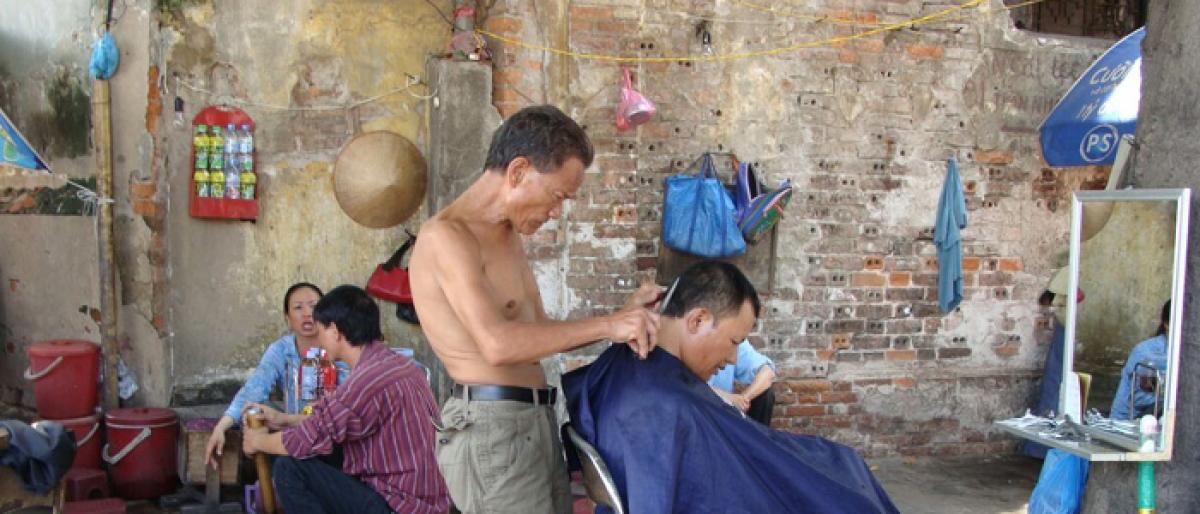The Informal Economy

The informal economy is the diversified set of economic activities, enterprises, jobs, and workers that are not regulated or protected by the state. The concept originally applied to self-employment in small unregistered enterprises. It has been expanded to include wage employment in unprotected jobs, according to Wiego (Women in Informal Employment: Globalizing and Organizing).
The informal economy is the diversified set of economic activities, enterprises, jobs, and workers that are not regulated or protected by the state. The concept originally applied to self-employment in small unregistered enterprises. It has been expanded to include wage employment in unprotected jobs, according to Wiego (Women in Informal Employment: Globalizing and Organizing).
The informal economy comprises more than half of the global labour force and more than 90% of Micro and Small Enterprises (MSEs) worldwide. Informality is an important characteristic of labour markets in the world with millions of economic units operating and hundreds of millions of workers pursuing their livelihoods in conditions of informality.
The expression “informal economy” encompasses a huge diversity of situations and phenomena, says ILO. Indeed, the informal economy manifests itself in a variety of forms across and within economies. Formalization process and measures aiming to facilitate transitions to formality need to be tailored to specific circumstances that different countries and categories of economic units or workers face. The 2002 ILC Resolution and Conclusions on Decent Work and Informal Economy was a milestone in the ILO’s integrated approach to informality.
Recommendation concerning the transition from the informal to the formal economy (R204) adopted by the International Labour Conference in June 2015, constitutes a historic landmark for the world of work as it is the first international standard focusing exclusively on the informal economy in its entirety. It is estimated that over 600 million new jobs need to be created by 2030, just to keep pace with the growth of the global working age population.
That’s around 40 million per year. We also need to improve conditions for the some 780 million women and men who are working but not earning enough to lift themselves and their families out of USD 2 a-day poverty. The importance of decent work in achieving sustainable development is highlighted by Goal 8 which aims to “promote sustained, inclusive and sustainable economic growth, full and productive employment and decent work for all.”










